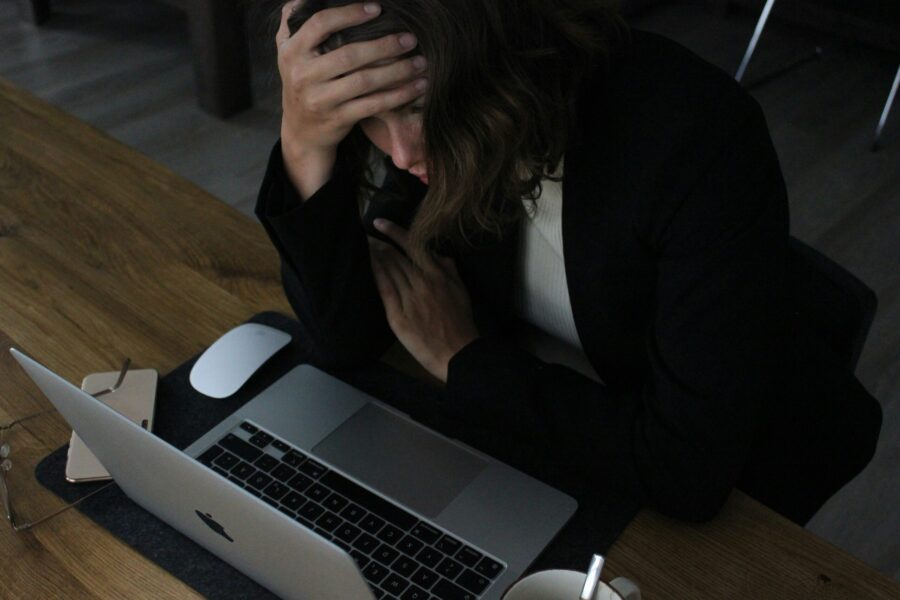The average adult spends the equivalent of 123 days a year feeling stressed, with tiredness, money, and ‘loved ones’ the leading causes of anxiety, according to a new report.
The survey of 2,000 UK adults, commissioned by HR software provider Ciphr, found that most (86%) people feel stressed at least once a month, and as many as one in nine (11%) experience stress daily.
While one in five (20%) men and one in 11 (9%) women describe themselves as being stress-free, for many others stress has a more constant, and, potentially, debilitating impact on their physical and emotional wellbeing.
Over half (60%) of those surveyed say they’re affected by stress for five days or more a month. And, of those, a quarter (24%) feel stressed more days a month than they don’t.
The survey results suggest that women generally feel stressed more often than men. They experience stress for 11.7 days a month, compared to men’s 8.7 days (with the average for all respondents at 10.3 days a month, or 123 days a year).
Women are also more likely to say they feel stress every single day (14%, compared to 9% of men).
The people most likely to be living in a state of near-constant stress are the unemployed, with nearly one in four (23%) reportedly feeling stressed daily.
People with caring responsibilities are similarly affected – averaging 12 days a month feeling stressed. Notably, nearly one in six (18%) of those who support or look after elderly, disabled or ill relatives, partners or friends get stressed daily. While one in eight (12%) parents say the same.
The findings form part of Ciphr’s comprehensive Workplace Stress Statistics in the UK study, examining the incidence and causes of stress (in and outside of work).
Common stressors
The top 10 causes of stress for UK adults:
- Feeling tired / not getting enough sleep (41% of respondents)
- Money / my finances (38%)
- My family / relationship (34%)
- My health (32%)
- Work in general (30%)
- My workload (28%)
- The news / what’s going on in the world (27%)
- My weight (25%)
- Cleaning / household chores (23%)
- Busyness of life / busy schedule (23%)
Stress in the workplace
Work plays a major role in most people’s lives, at some point or another. So, it’s perhaps unsurprising that work-related stressors feature so prominently in Ciphr’s research.
Nearly a third (30%) of UK adults say that their work in general raises their stress levels. Over a quarter (28%) say it’s their workload that gets them down, and around a fifth (18%) are impacted by long working hours and their bosses.
Commenting on the findings, Claire Williams, chief people and operations officer at Ciphr, says:
It is vital that employers look out for the warning signs that individuals may be struggling and work proactively with them to help relieve those stresses, where possible. Ideally, before it becomes an overwhelming problem for the person themselves, and the wider business.
Claire Williams, chief people and operations officer at Ciphr
Joanne is the editor for Workplace Wellbeing Professional and has a keen interest in promoting the safety and wellbeing of the global workforce. After earning a bachelor's degree in English literature and media studies, she taught English in China and Vietnam for two years. Before joining Work Well Pro, Joanne worked as a marketing coordinator for luxury property, where her responsibilities included blog writing, photography, and video creation.



